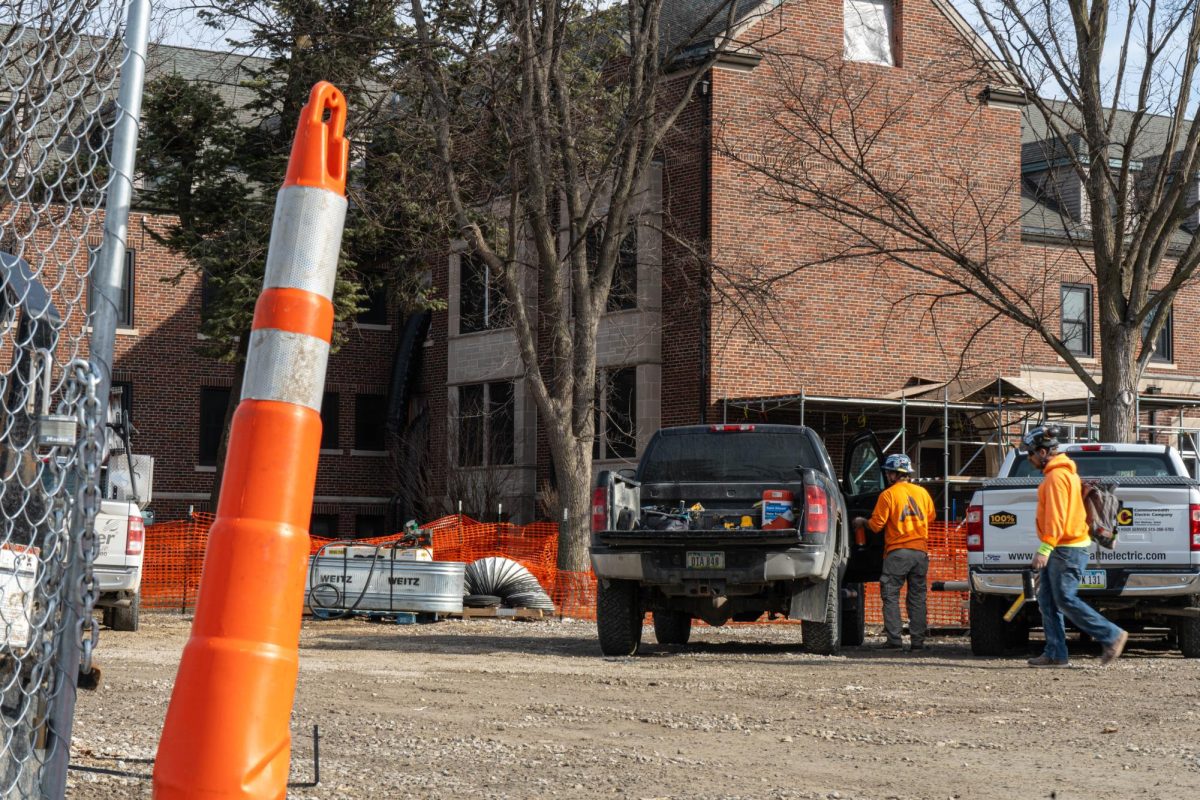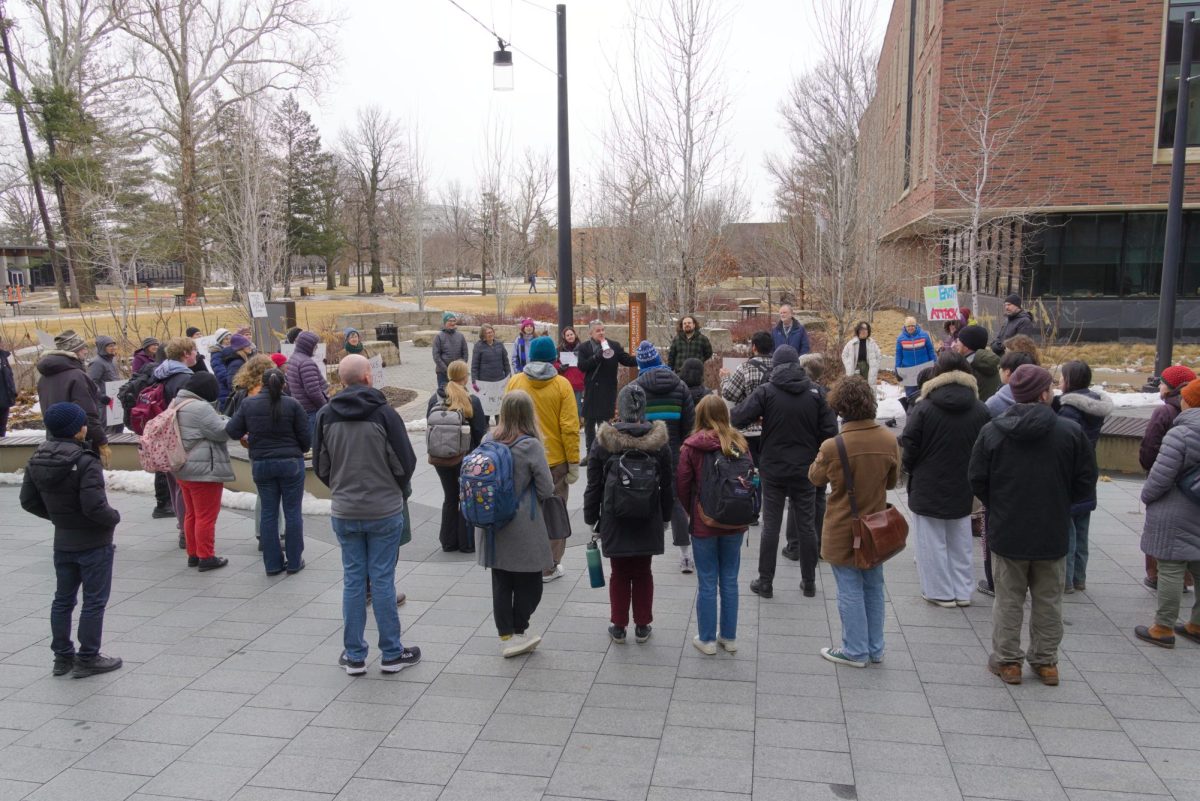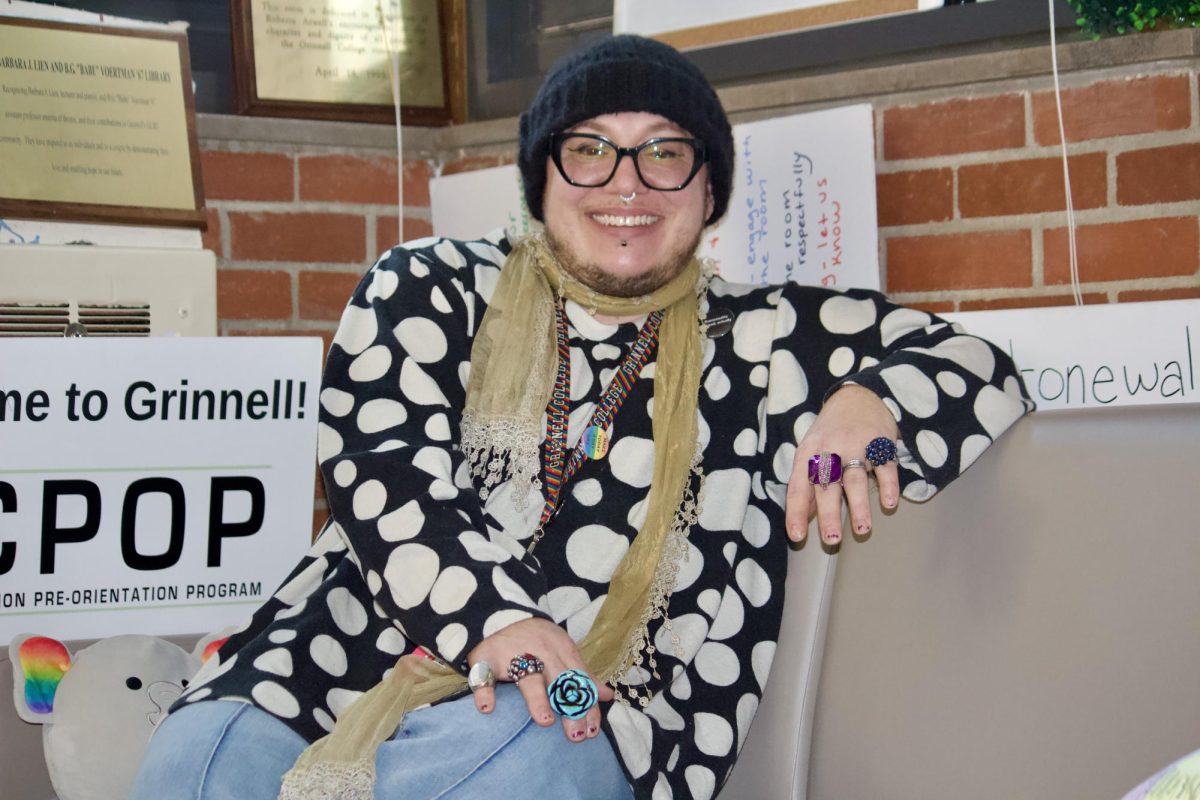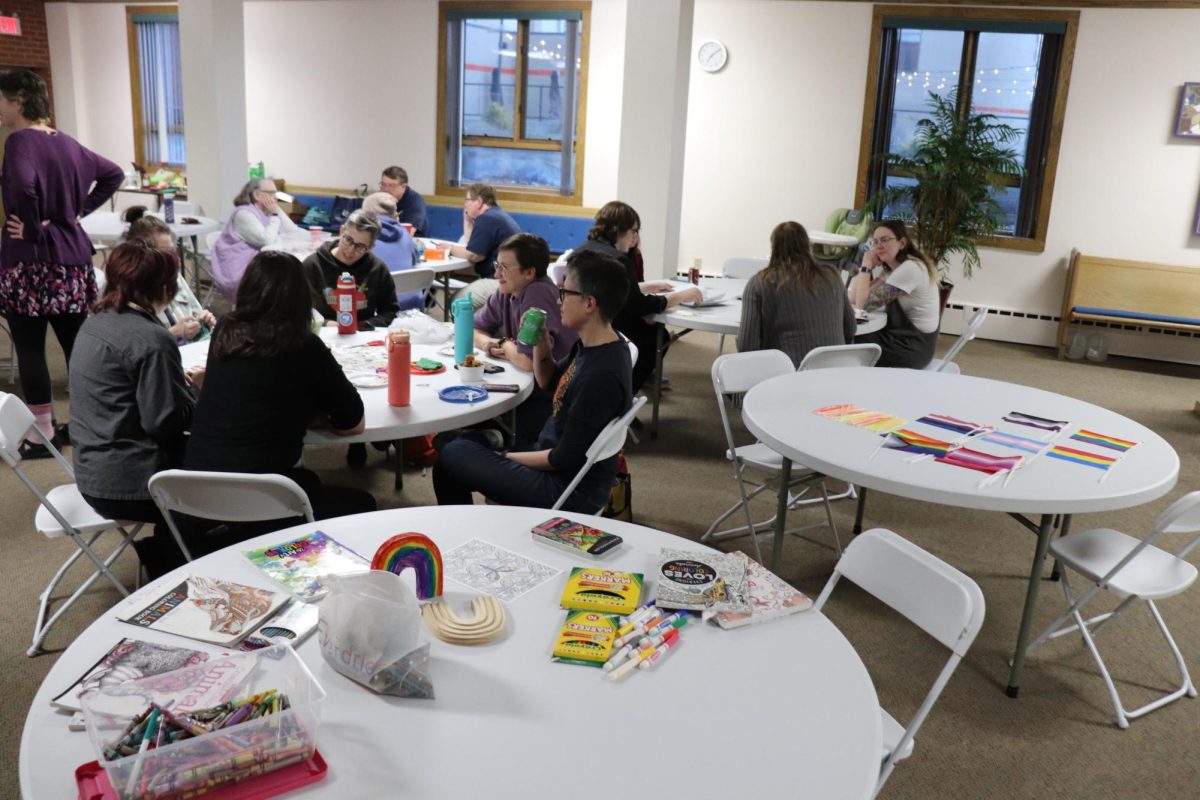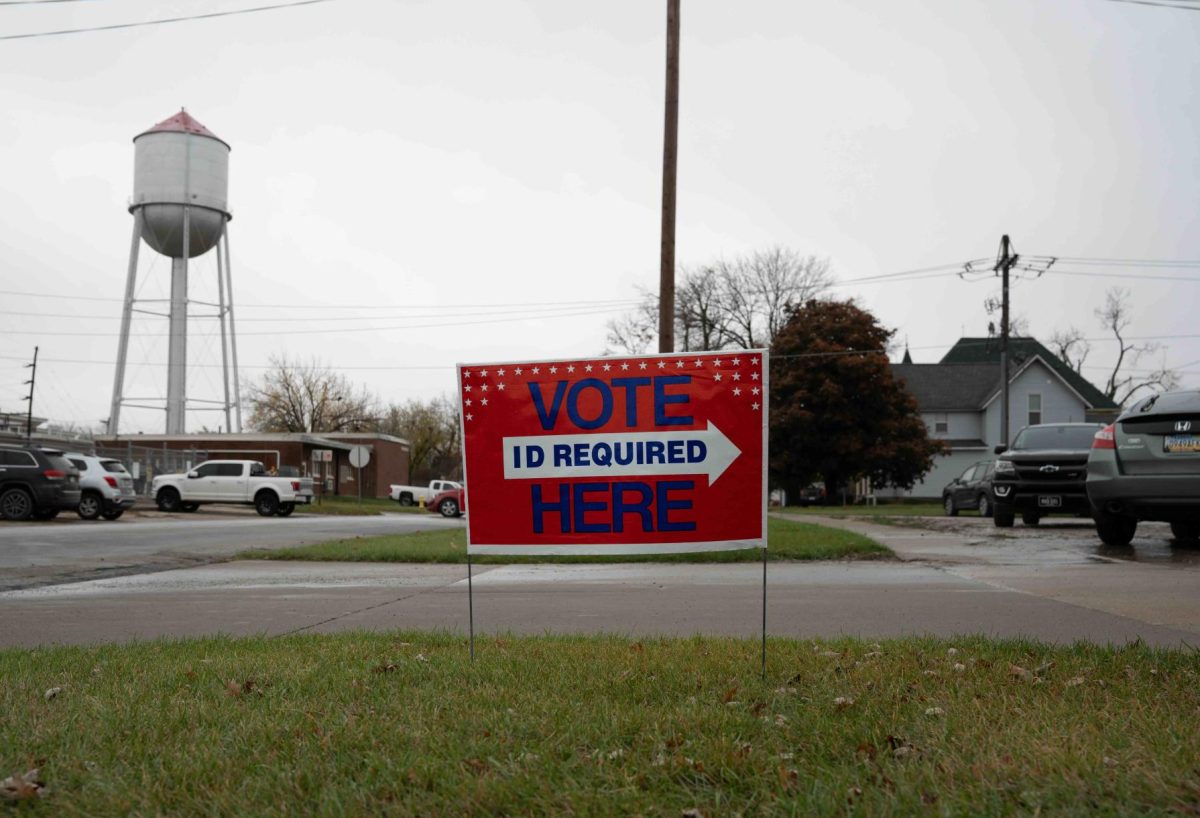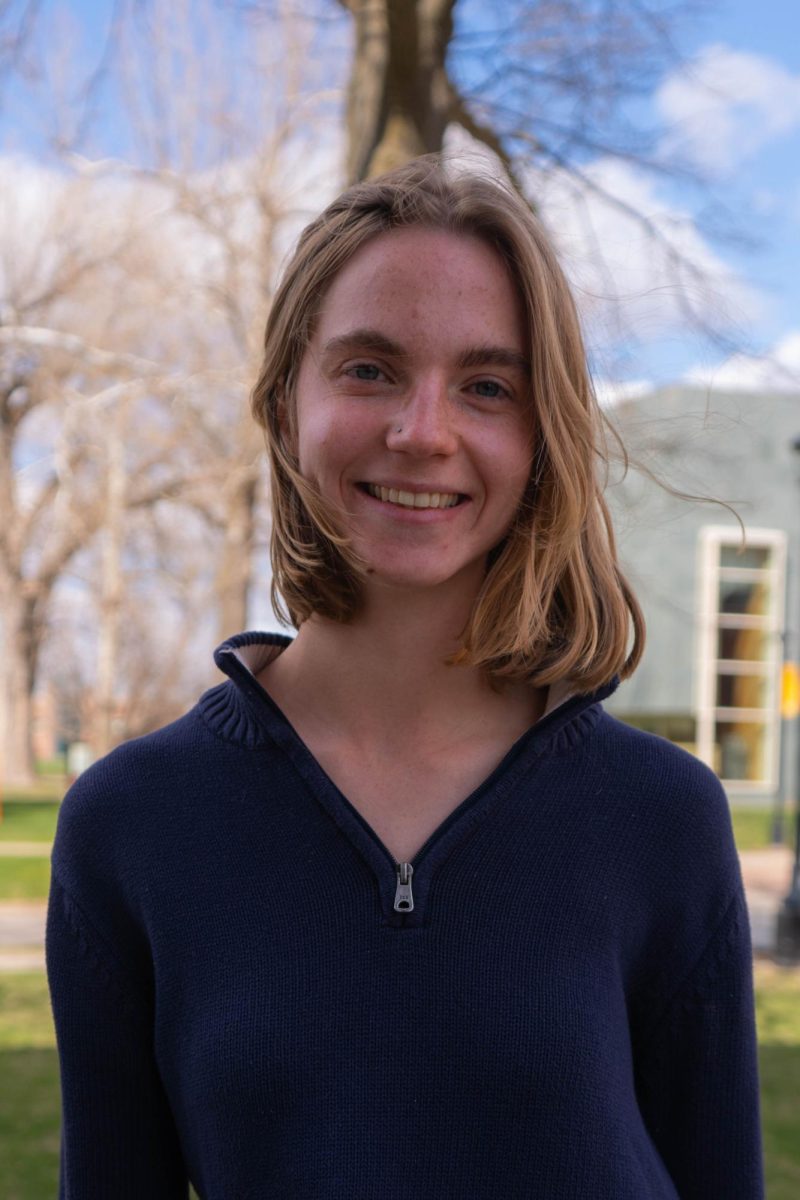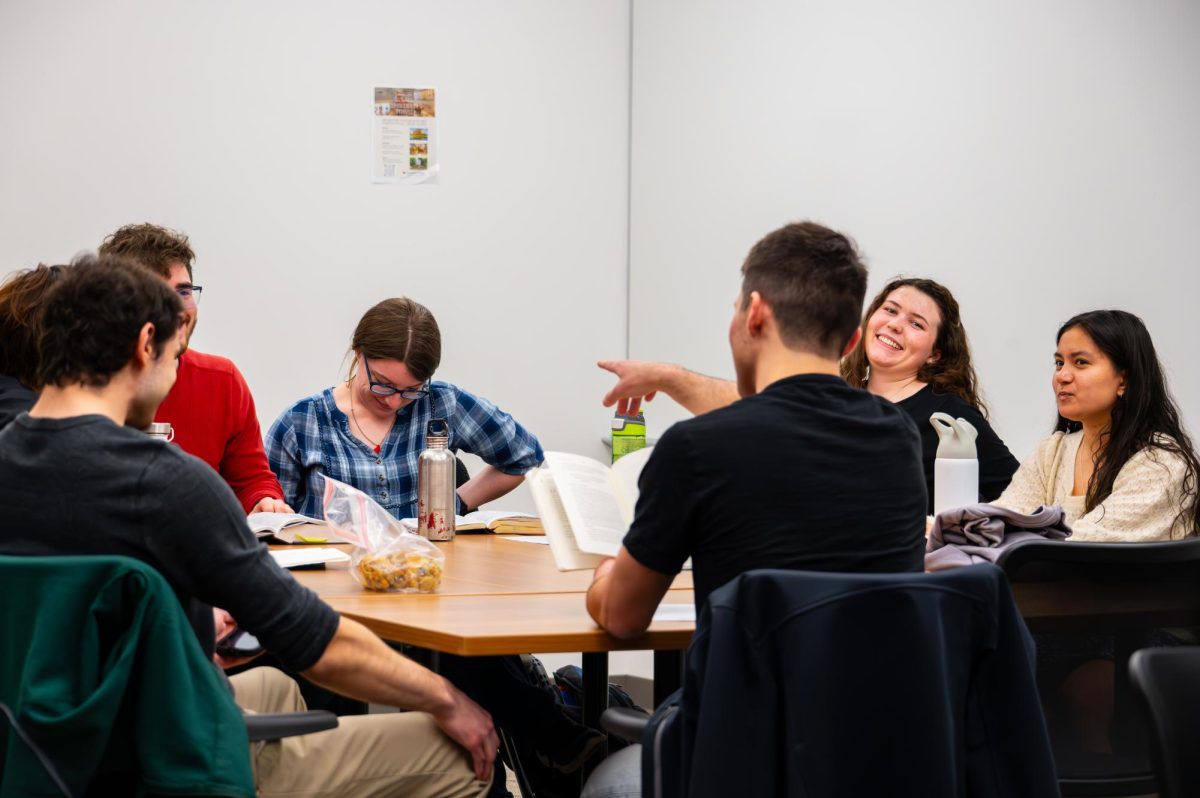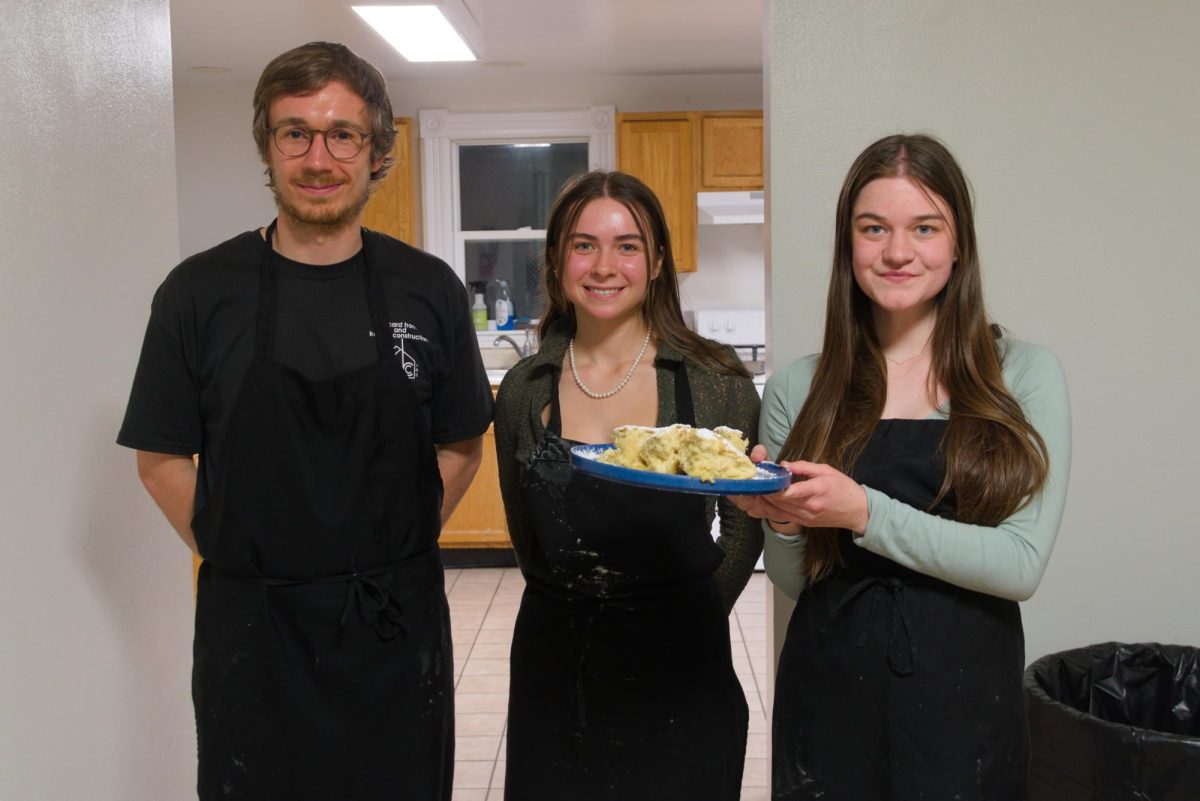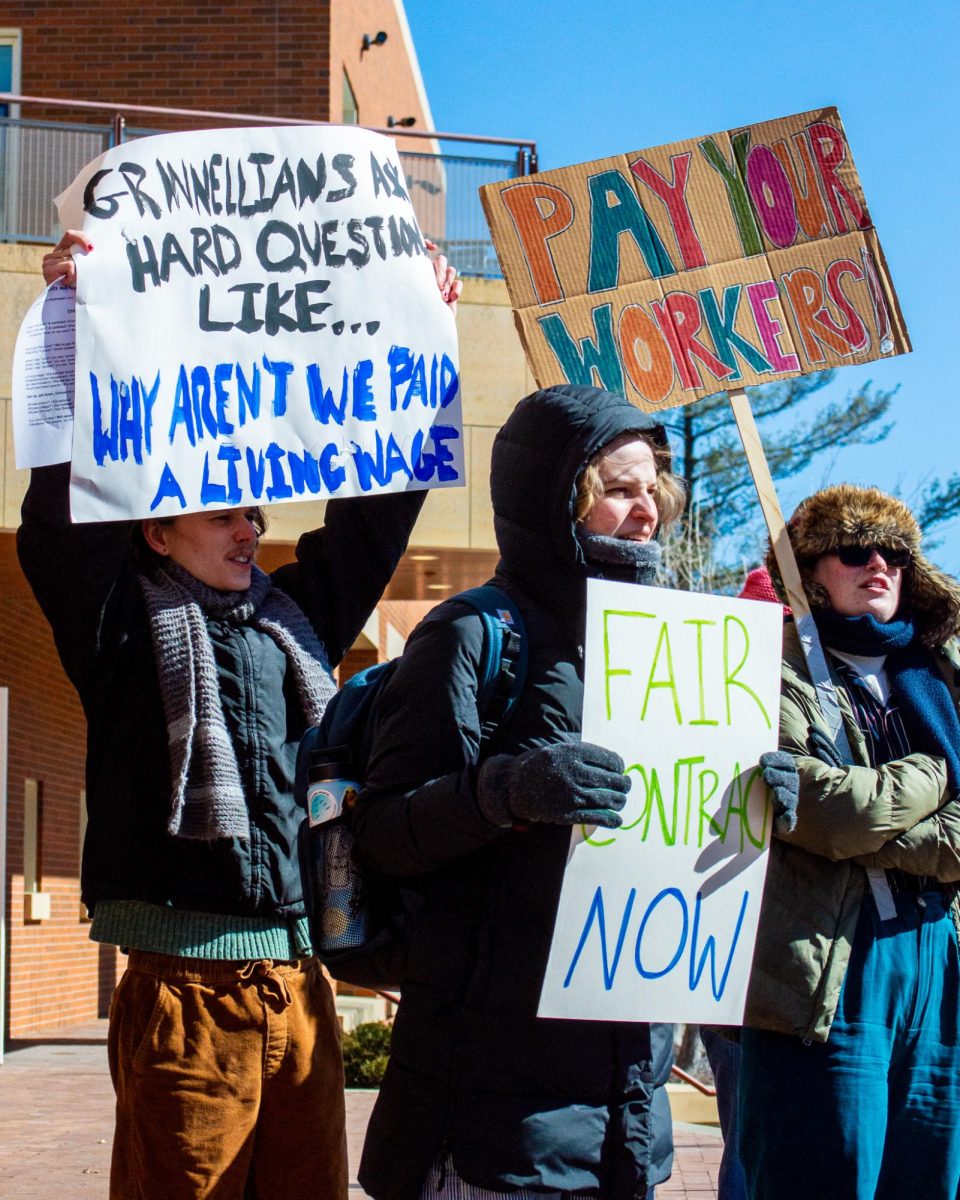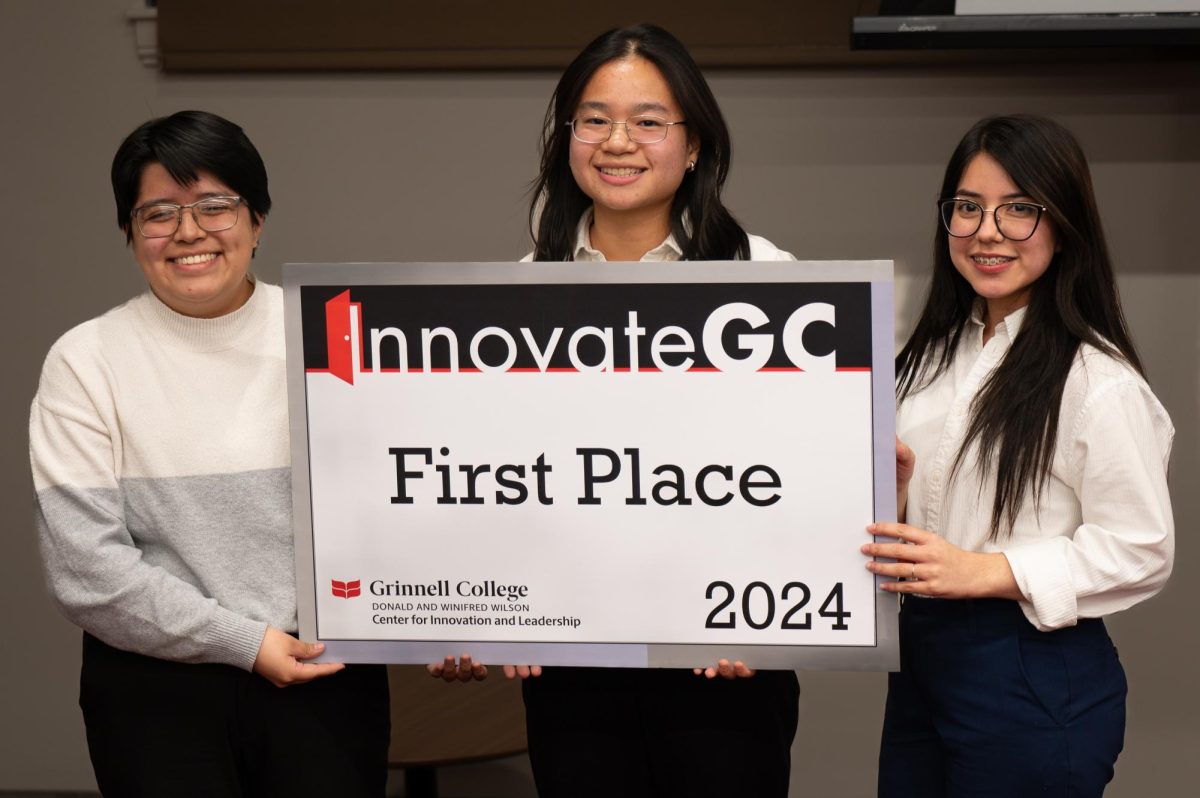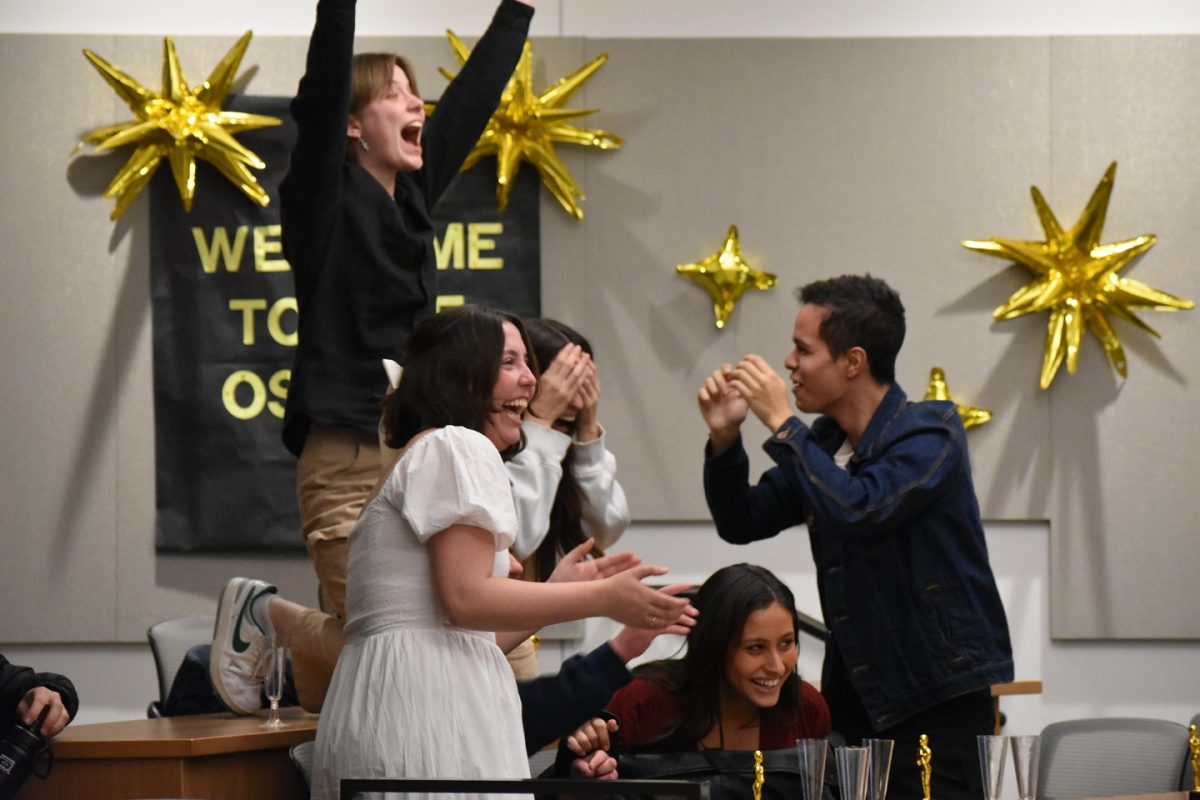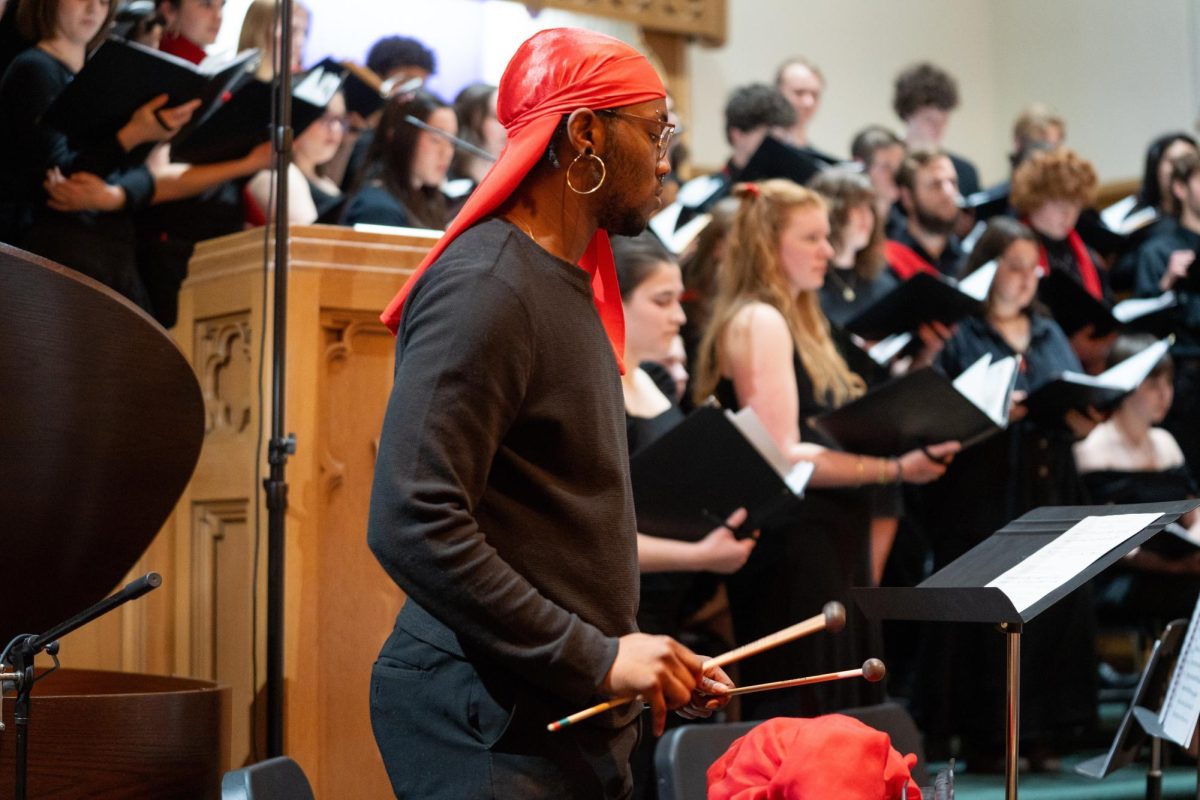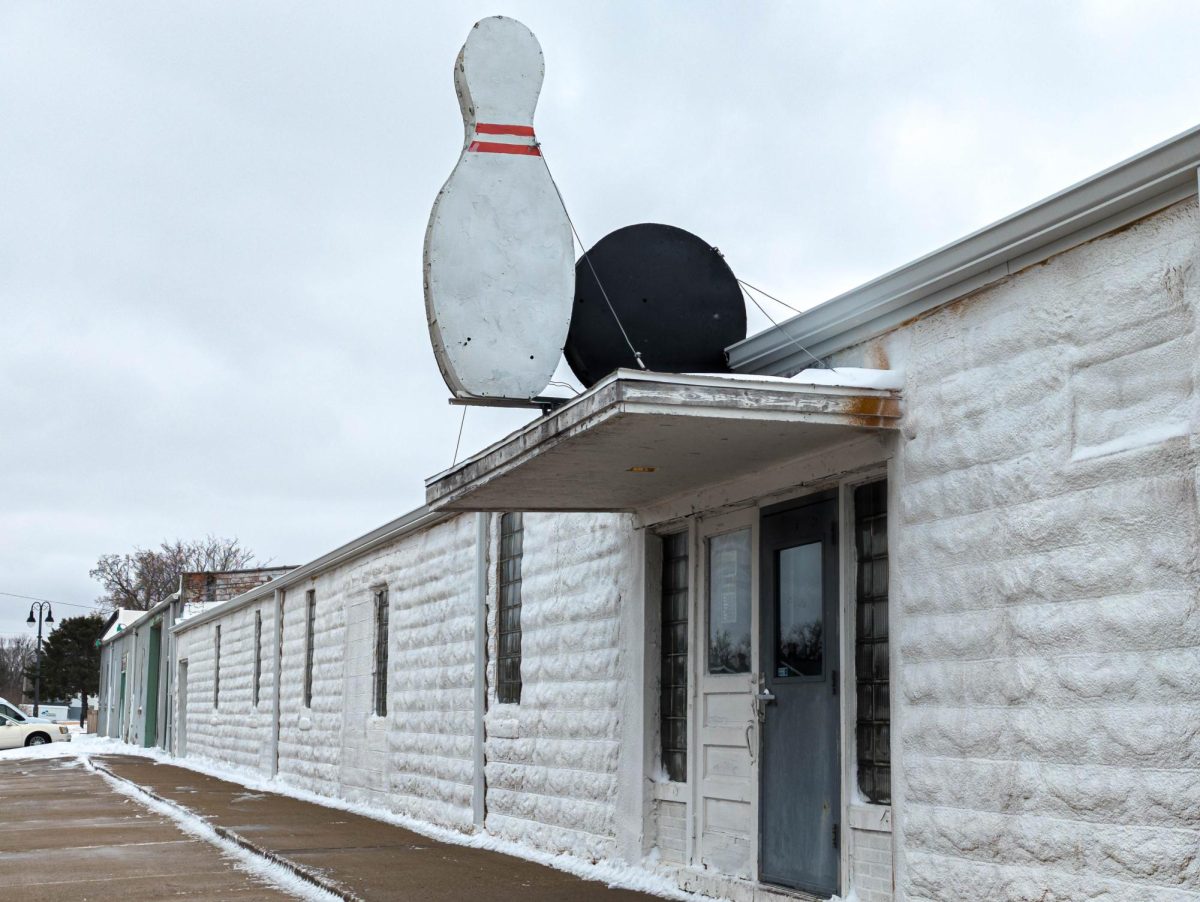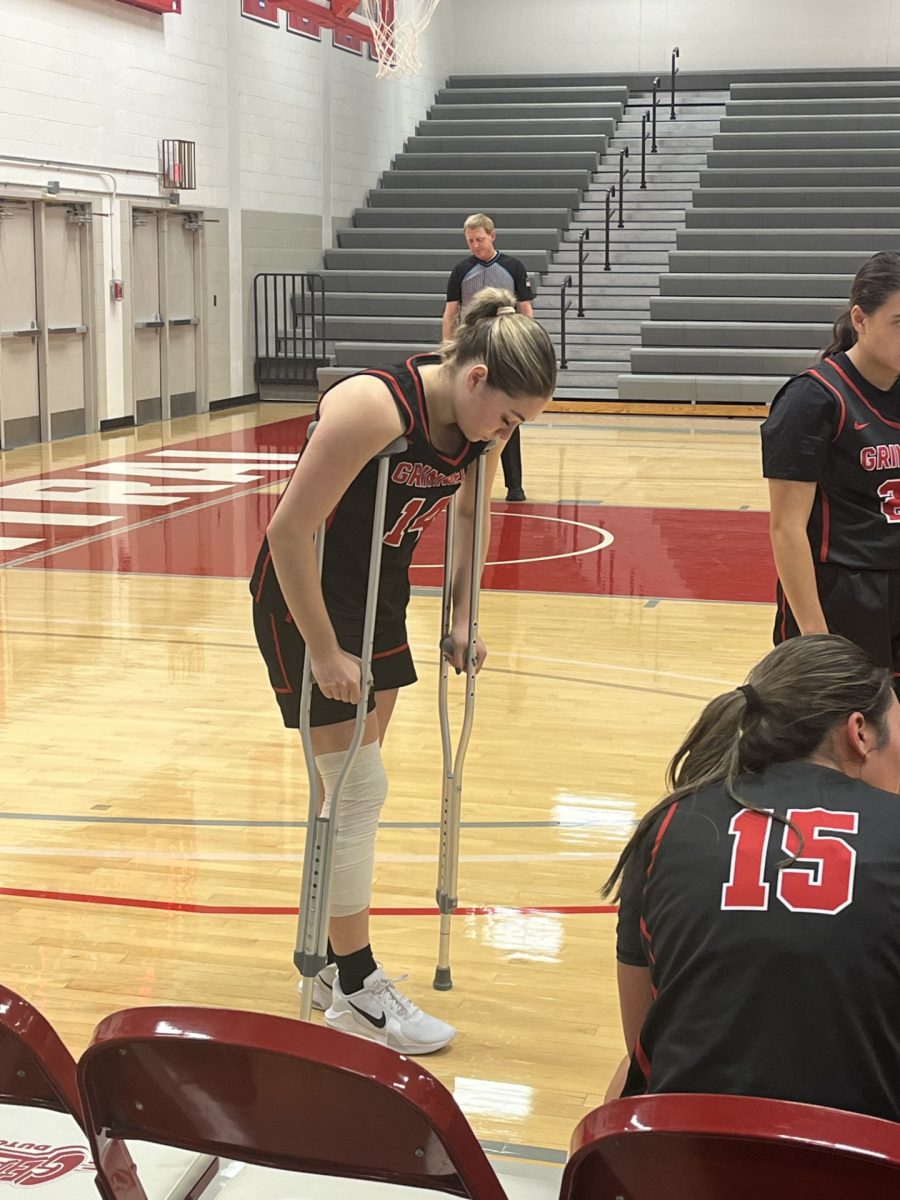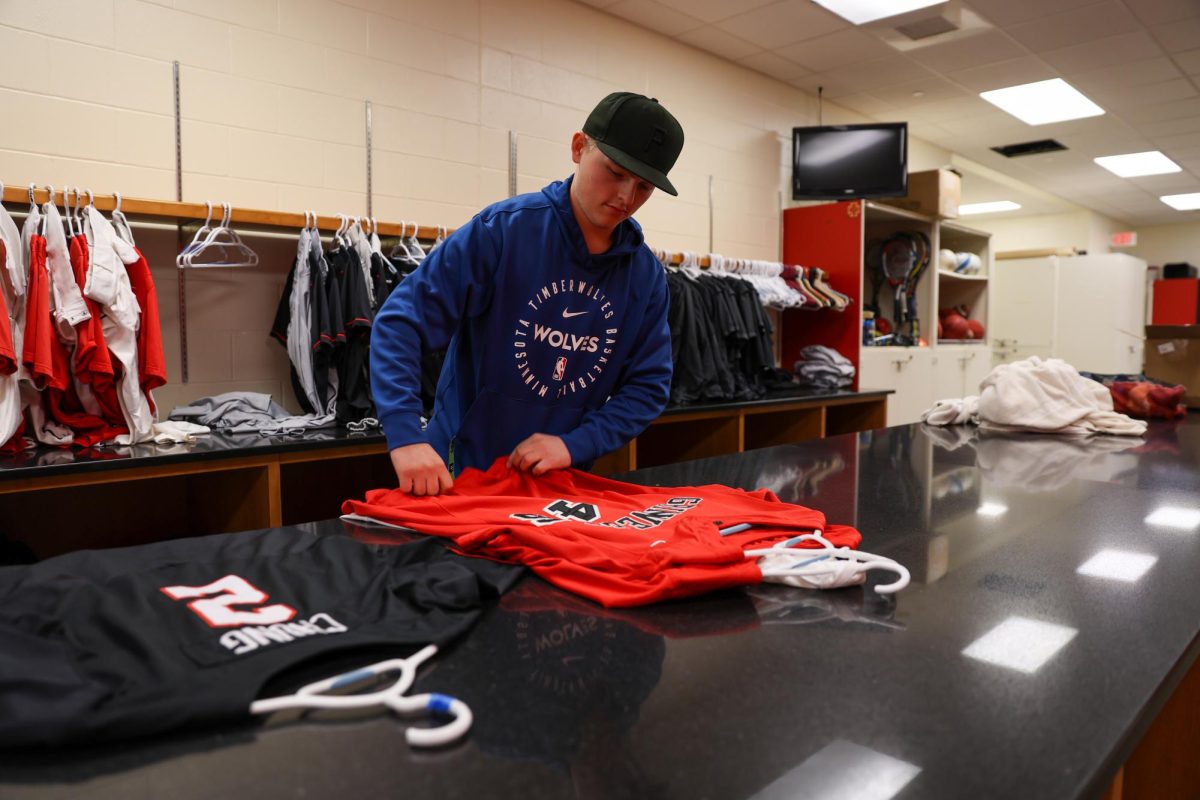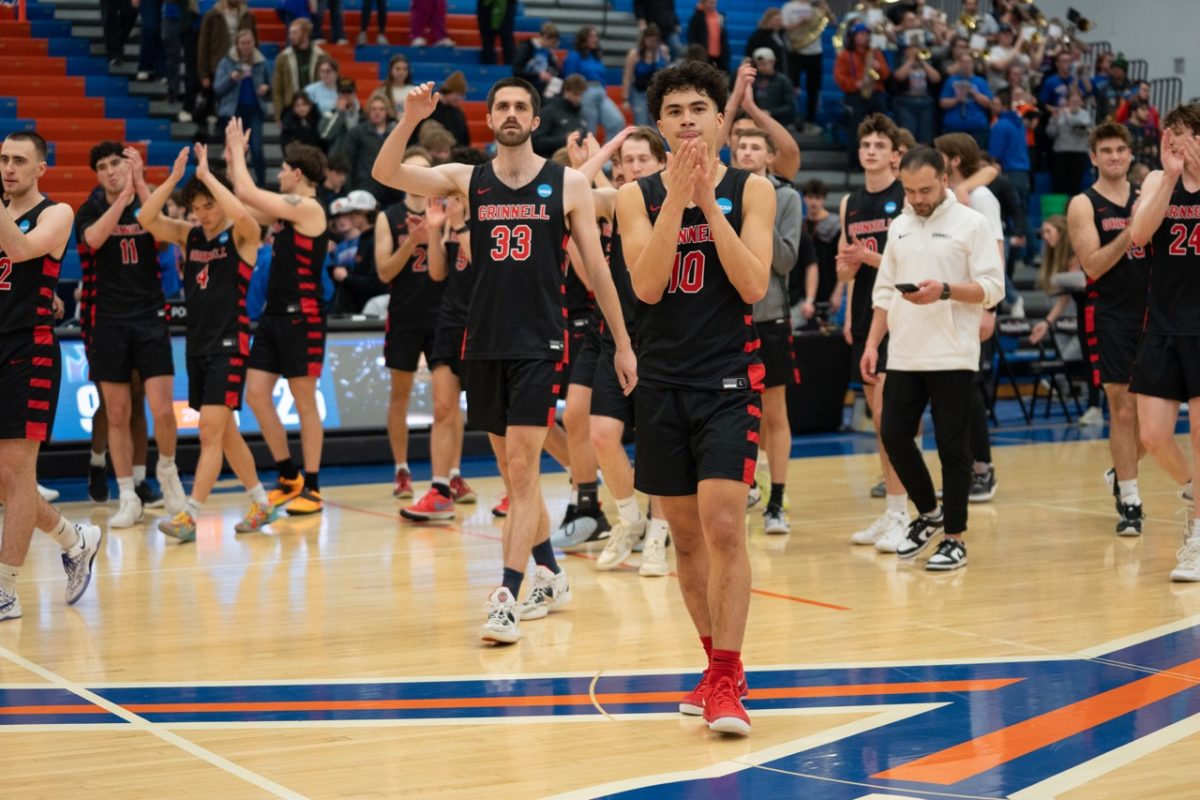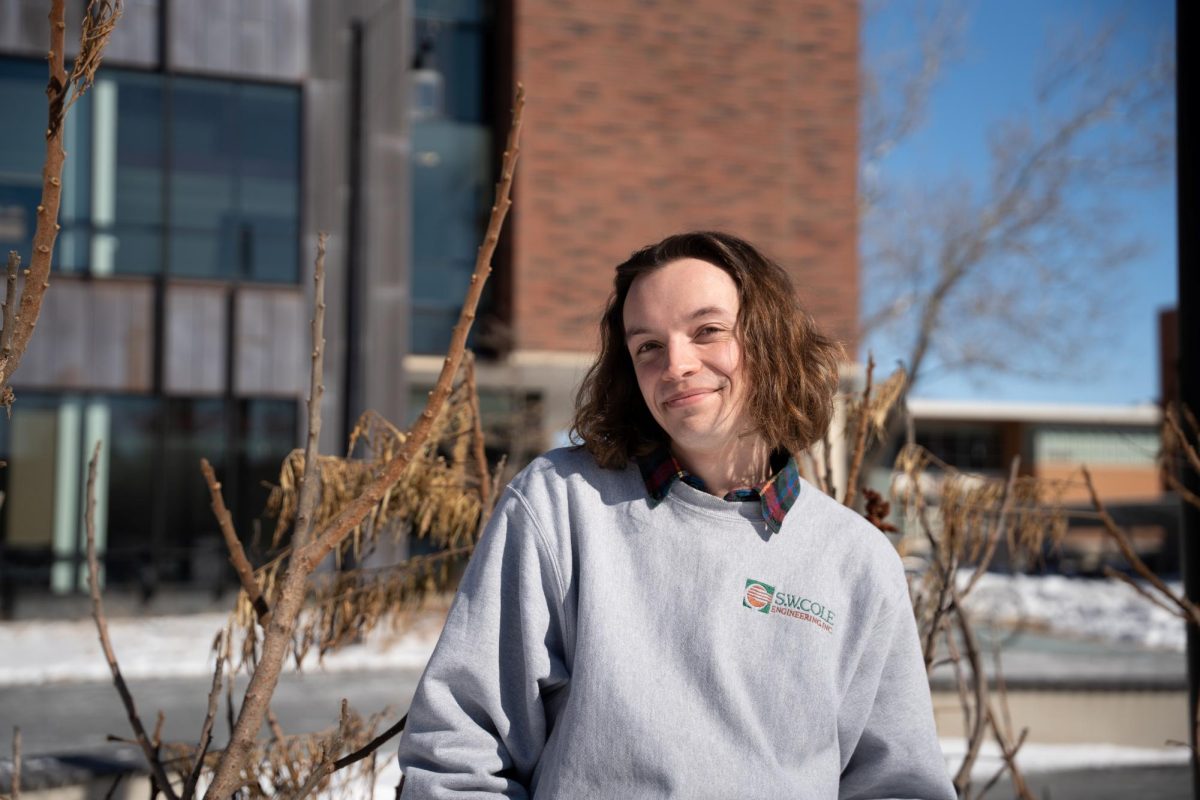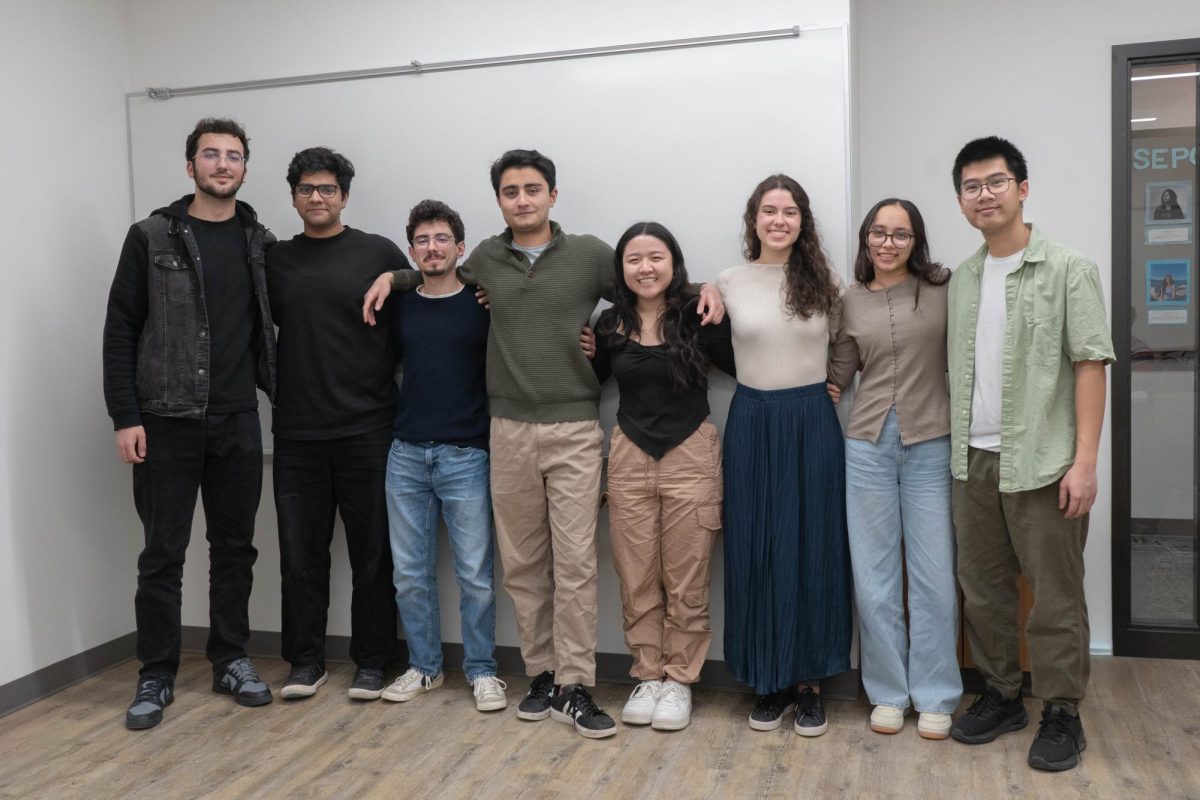By Keli Vitaioli
vitaioli@grinnell.edu
This year’s Student Government Association (SGA) cabinet, headed by President Anita DeWitt ’17, is placing its emphasis on the support of all students. With the National College Health Assessment results reporting that around 30 percent of Grinnellians feel lonely, the cabinet will be finding ways to express to students the importance of their place at Grinnell.
“We really believe in supporting students and making sure that they feel like they belong, and whether that’s telling them they you can create a student group, or getting funding for something, or starting your own Harris tradition or something like that,” DeWitt said. “We’ve been talking about all these things constantly just to make sure that every student can feel appreciated, even the ones that aren’t reppin’ SGA. Like, the ones that are like, ‘fuck SGA,’ even them, we want them to feel like we support you and you do belong here.”
Dewitt emphasizes representing a diverse group of students at the College. She is co-chairing a diversity working group within the cabinet with Toby Baratta ’17, diversity and outreach coordinator. The group addresses questions about policies for students with underrepresented identities, such as non-binary students, those requiring accessibility accommodations and lower income students.
“[We’re] making sure that when [the campus climate survey asks] you a question, it doesn’t just say male and female because that completely silences one community,” Dewitt said.
Bailey Dann ’17, vice president of Student Affairs, focuses on advocating a student voice with the administration. While she brings student insight to administrators, Dann is also tasked with clarifying the work of the administration to the students. She is working with administrators to address mental health issues on campus, the first generation and lower income student experiences and the system for reporting bias motivated incident policy. Dann is also creating a student-run Title IX response advisory committee.
This year, Dann finds the goal of addressing loneliness a personal one as well, having felt isolated herself at times during her college experience.
“I’m excited about having the opportunity to represent students, especially in closed spaces where students aren’t necessarily seen or heard all the time,” Dann said. “I think it’s very important that administrators realize who they’re affecting when they make policy change.”
Rachel Aaronson ’17, Vice President for Academic Affairs, is responsible for working with college administrators on academics, specifically with Dean Michael Latham, vice president for Academic Affairs. Aaronson also relays concerns about academic programming. One such concern is the new alcohol policy.
“In the conversations that I was witnessing last year about the Residential Life Task Force and their recommendations on student wellness and the alcohol policies, I think they are treating a lot of the symptoms of issues of students on campus,” Aaronson said. “They were talking about the data they collected and the way they wanted to minimize alcohol use. I think that nowhere in the conversation was this idea of academic stress and the way that Grinnellians internalize that academic stress and turn to a lot of these behaviors that the administration deems as ‘maladaptive’ in response to that stress … So, that’s my big project for the year — administering the survey that looks directly at the relationship between academic stress and student wellness and then students coping with stress. [I’m] trying to obtain something of an objective measure of how much students really are working relative to how much professors think they’re assigning, and trying to put those two things in concert and put back into the fold of the conversation on student wellness.”
DeWitt was surprised at how quickly the alcohol policy was implemented after the Residential Life Task Force issued its suggestion. She was expecting to have a much larger advising position with the task force. However, since changes to the alcohol policy were put in place before SGA arrived on campus this fall, Dewitt finds herself in a reactionary role.
“It’s tricky, because when I came into this role, I didn’t think I would have to deal with stuff like the alcohol policy,” Dewitt said. “I knew that we would talk about the implementation and that I was a part of the Residence Life Task Force … and I thought for the most part I would be working with administrators in that life and just saying, like, ‘you know, that sounds stupid,’ or ‘where are we going to get the money for paid servers,’ that kind of stuff, but now it’s kind of a let me make sure students are safe because of what’s going on.’”
Aaronson was the presiding officer over the 2015-2016 SGA cabinet. She finds that this year compared to past years, there is more of an emphasis on transparency in the cabinet’s work.
“Something I think this cabinet is really stressing is being really accessible to students and embracing our student identity in the way we go about conversations and really working to represent the places of students in these conversations with administrators … is a pointed priority of this year’s cabinet,” Aaronson said.
One new SGA non-cabinet position is the Green Fund co-chair, filled this year by Andrew Zdechlik ’19. The position was created to help SGA allocate the 30,000 dollars that was put aside for the Green Fund, which aims to reduce the College’s environmental impact. The fund is currently focused on a transition from fluorescent to LED bulbs on campus.
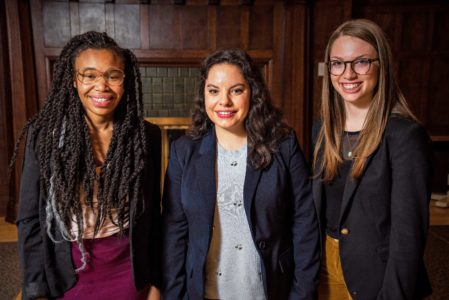
“Fluorescent lights are bad for people with migraines, seizures or anyone that has oversensitivity problems, so we want to change those things out,” DeWitt said. “We want to make sure that every green thing is also accessible.”
This year’s cabinet also includes Administrative Coordinator Michael Owusu ’17, Treasurer Summer White ’18, Assistant Treasurer Zach Steckel ’18, Services Coordinators Yesenia Ayala ’18 and Ajuna Kyaruzi ’17, All Campus Events Co-Chairs Claudia Handal ’17 and TJ Jones ’17 and Concerts Chair Corey Simmonds ’17.

